The International Advisory Board is a group of independent experts which will advise and contribute to the project excellence by providing strategic advice notably during project meetings as well as to the end user group by providing guidance towards the chosen markets.
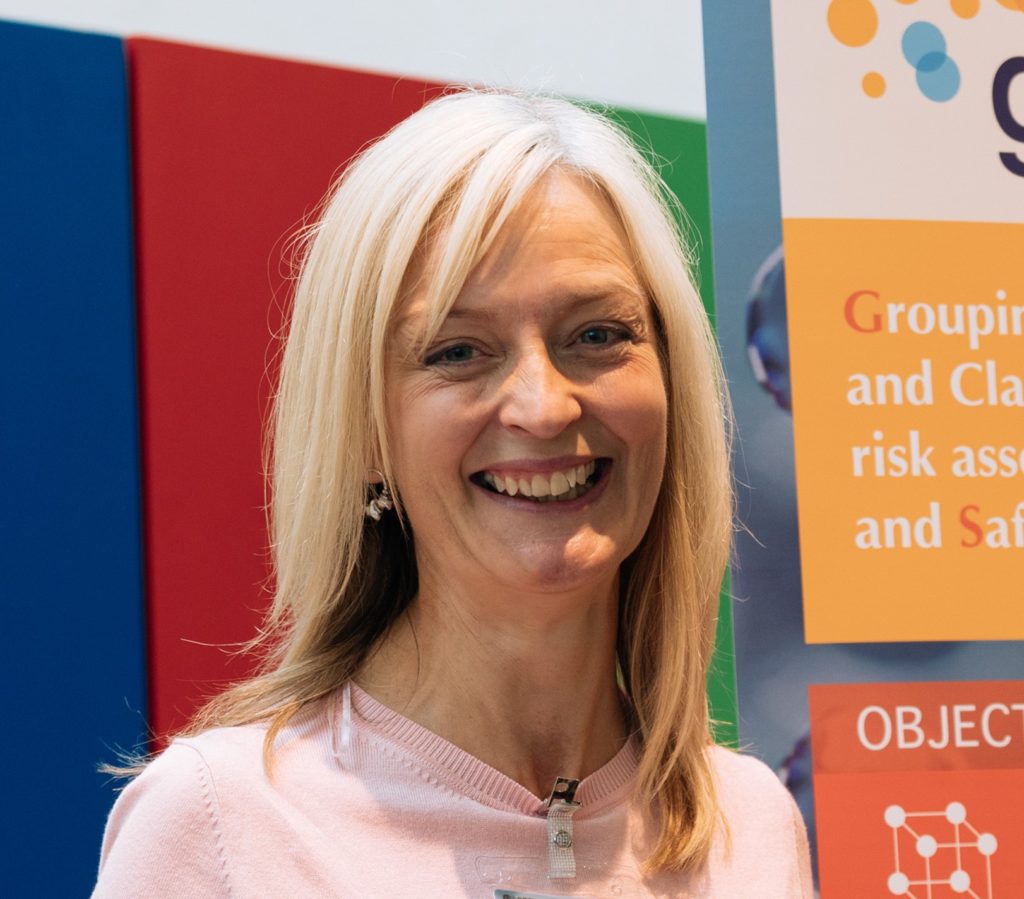
Professor Vicki Stone
Vicki Stone is Professor of Toxicology in the Institute of Biological Chemistry, Biophysics and Bioengineering, Heriot-Watt University, Edinburgh, UK. Vicki is also an Honorary Principal Investigator at the Institute of Occupational Medicine and a Fellow of the Royal Society of Edinburgh. Together with Rob Aitken at the Institute of Occupational Medicine, Vicki has established SAFENANO, a facility to support the risk, exposure and hazard needs of nanotechnology industries. Vicki was also editor-in-chief of the journal Nanotoxicology (2005-2011).
Specialties: Particle, nanoparticle and pollution induced toxicology.
E-mail address: V.Stone@hw.ac.uk


Professor Johannes Lehmann
He focuses his research and teaching in soil biogeochemistry and soil fertility management. His specialization is in soil organic matter and nutrient studies of managed and natural ecosystems with a focus on soil carbon sequestration, nutrient recycling from wastes, biochar systems, circular economy, and sustainable agriculture in the tropics (especially Africa). His research stretches from ultra-fine scale microscopy to examine carbon stabilization in soils to global-scale carbon and nutrient cycles. Learn more about Johannes’ work on the Lehmann Lab website.
E-mail address: cl273@cornell.edu
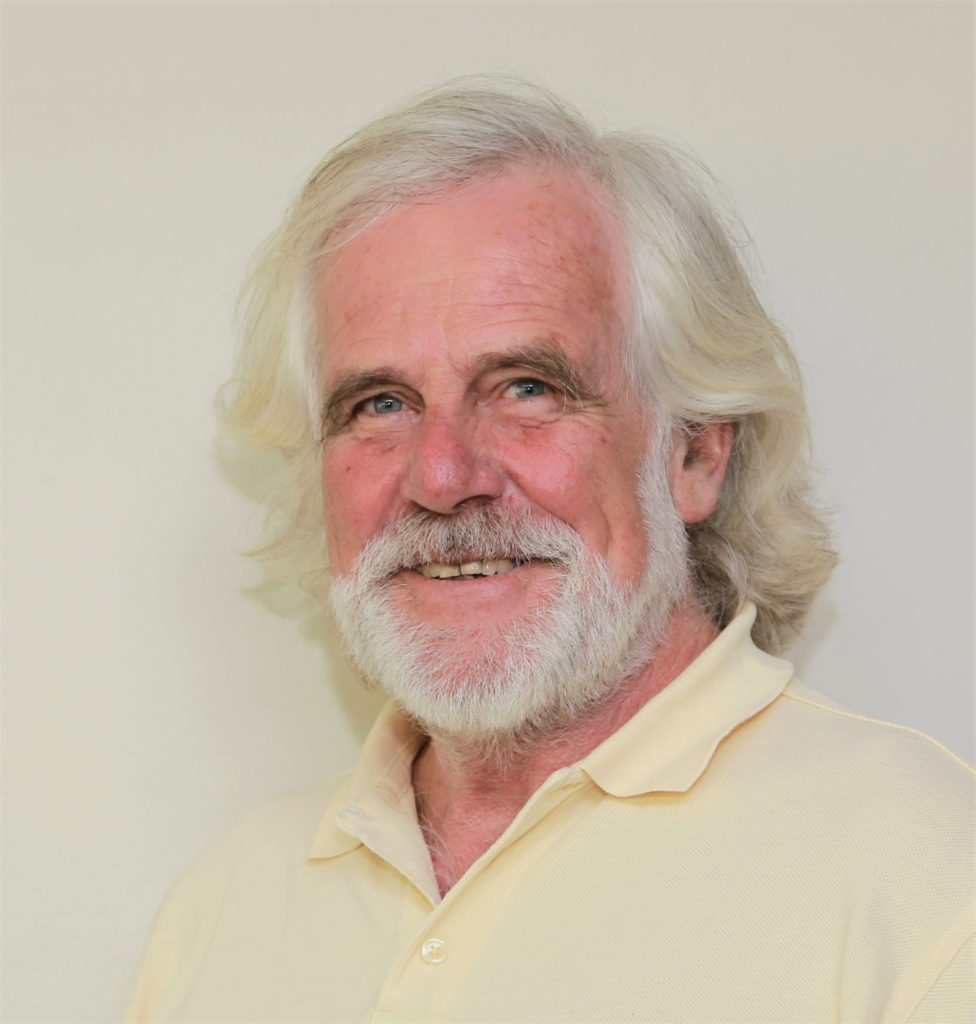
Professor Fritz Vollrath
Currently, my main research interests cover silks and animal decision-making. By studying silks my group and I help to unravel a class of materials that are highly adapted to the many uses they perform. Spider silks are rather special and very interesting because of their use in webs. Their diversity and properties make these silks also very important materials for bio-inspired novel polymers. Studying spider web-building allows me to probe complex animal behaviour. The spider’s web is a structure build by the animal following inherited rules, and as such provide us with a perfect paradigm to study animal decision making. Insights gained are of interest to the emerging field of bio- (or soft-) robotics including R&D around autonomous vehicles.
E-mail address: fritz.vollrath@biology.ox.ac.uk
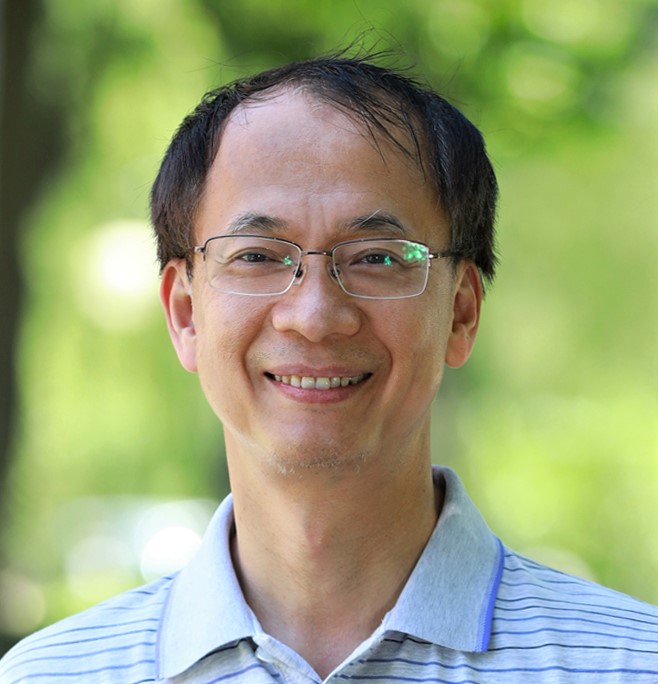
Professor Guo-Qiang Chen
He has been focusing his research on microbial materials polyhydroxyalkanoates (PHA) metabolic engineering and PHA biomaterials application since 1986. After joining Tsinghua University in 1994, he has been actively promoting the microbial Bio- and Material Industries in China. Professor Chen has more than 30 years of R&D experiences on microbial physiology, microbial PHA production and applications, has published over 200 international peer reviewed papers with over 8000 citations (H-Index 47) as reported in Web of Science.
E-mail address: chengq@tsinghua.edu.cn
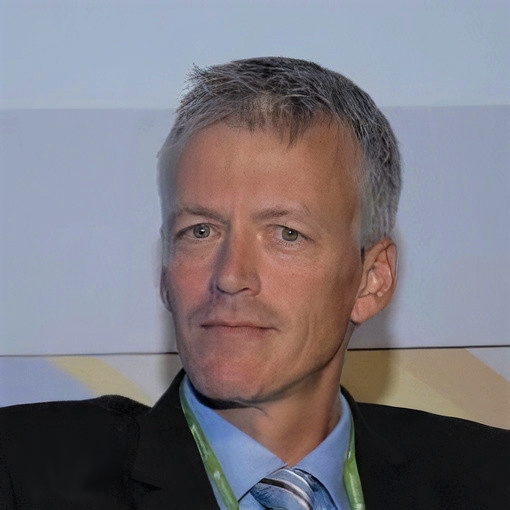
Dr Wolfgang Ranfft
Broad experience on engineering and building demo and industrial scale bio-refineries on various feedstock, processes and products.
Feedstock involved in previous projects contains e.g. molasses, wheat, corn, sugar cane, cassava, bagasse, wood, wheat straw, glycerol, whey, food waste, brewery waste, spent sulfite liquor, hydrocarbons, and vinasse, while the product range entails yeast, ethanol (1G/2G), DDGS, corn oil, CO2, acetic acid, starch, starch derivatives, sugars, lignin, lignin derivatives, MCC, fatty acids, glycols, amino acids, citric acid, aromatic acid, mycoproteins, SCP, PHB/PHA, lactic acid, PLA, ethyl acetate, PDO, and butyric acid.Broad experience on engineering and building demo and industrial scale bio-refineries on various feedstock, processes and products.
E-mail address: Wolfgang.Ranfft@dsengineers.com
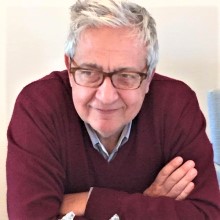
Professor Mauro Majone
Laurea in Industrial Chemistry (5-year degree). Full Professor of Chemical Engineering – Teacher of “Chemical Engineering” and “ Treatment and Valorization of Polluting Effluents” at the course of Industrial Chemistry and of “Bioprocesses for energy and Environment” at the course of Industrial and Environmental Biotechnology. – Member of the Teacher Boards of Doctorate of Chemical Engineering and the Master on Site Remediation. – Supervisor of more than 80 undergraduate students and more than 10 PhD students. – Research areas: Treatment and upgrading of wastes and wastewaters, Environmental and Industrial biotechnology, Biofuels, Bioplastics, Remediation of polluted groundwater and soils, in situ bioremediation . – Author of 150 papers on peer reviewed scientific journals, with more than 3000 citations and a Hirsch Index of 34 (Scopus).
E-mail address: mauro.majone@uniroma1.it
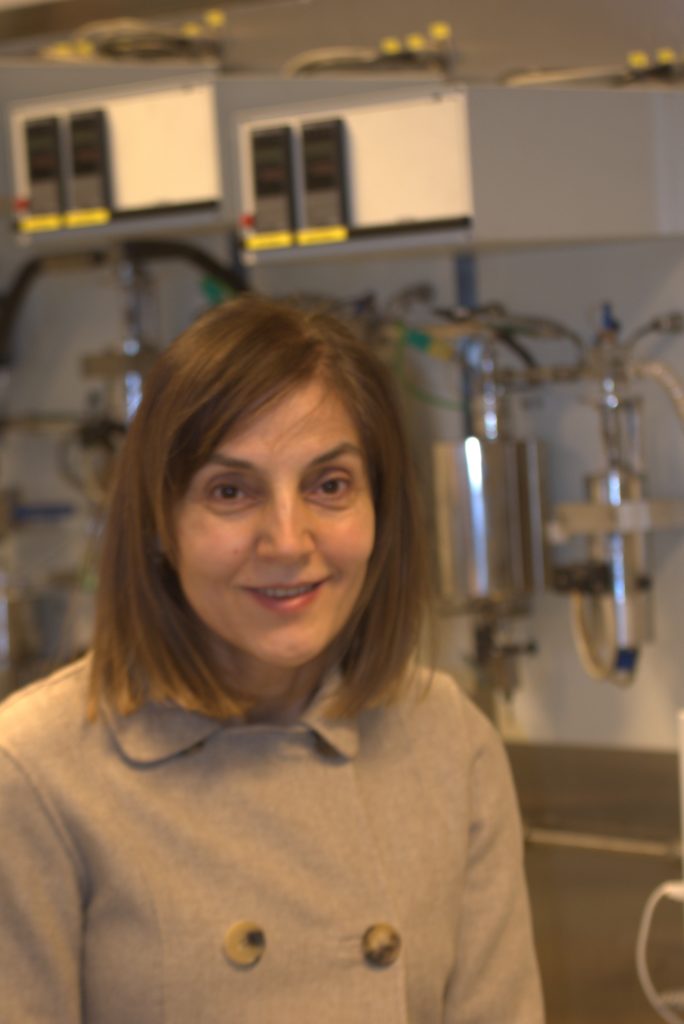
Professor Herminia Dominguez
Herminia is a Professor of Chemical Engineering at University of Vigo, Campus Ourense, Spain. Her major research interests lie within the integral valorization of underutilized biomass (vegetal, mushroom, macroalgae) following a biorefinery approach. The processes developed are based on innovative technologies for the extraction, concentration and purification of fractions and components with biological properties for food, cosmetic and pharmaceutical applications. The extraction technologies are based on the use of pressurized solvents and intensified by enzymes, ultrasound and microwaves; and the fractionation techniques rely mainly on membrane technology and adsorption onto resins.
E-mail address: herminia@uvigo.gal
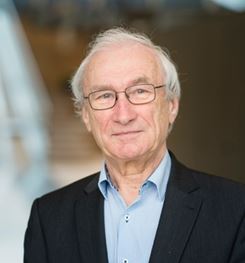
Professor Willy Verstraete
Willy graduated as engineer at the Ghent University and subsequently obtained a PhD degree in the field of microbiology at the Cornell University, Ithaca (USA). He then returned to Ghent, where he became professor and started the Laboratory of Microbial Ecology and Technology (LabMET – Faculty of Bioscience Engineering). Since October 2011, he is emeritus professor.
His R&D has as central theme: Microbial Resource Management, i.e. the design, operation and control of processes mediated by mixed microbial cultures, more specifically by microbiomes. Willy Verstraete has been instrumental in the creation of several spin-offs of the Ghent University in the field of applied microbial ecology (environmental technology; food and feed).
In 2005, he was chosen by an international jury to receive the highest scientific prize in his country i.e. the Excellence in Science Prize, awarded by the National Science Foundation (FWO. In 2006, he was awarded by the International Water Association (IWA) the Imhoff Award for his contribution in the domain of water biotreatment. In 2015, he became nominated as advisor of the Dutch Water Institute KWR, to deal with the aspects of water and cyclic economy. In September 2018; the Dutch Water Institute KWR proclaimed Honorary Fellow for his invigorating resource recovery science and application work. From 2014 to 2021, he ranked in the list of Highly Cited Researchers.
In September 2016, he received from the International Water Association (IWA) and the International Society for Microbial Ecology (ISME) , cooperating in MEWE (Microbial Ecology and Water Engineering), the Ardern and Lockett Award for his contributions in the fields of water engineering and microbial ecology
In April 2016 he was elected President of the board of the National Science Foundation FWO Flanders, Belgium. In 2020, his term was extended. In January 2024 he was nominated Honorary President of the FWO.
In March 2023, he was awarded the 5-yearly Honorary Doctorate of the Wageningen University. He is particularly proud of his long list of master and doctoral students which today are taking the lead in the domain of sciences in general and environmental engineering in particular.
E-mail address: Willy.Verstraete@UGent.be / willy.verstraete1@gmail.com